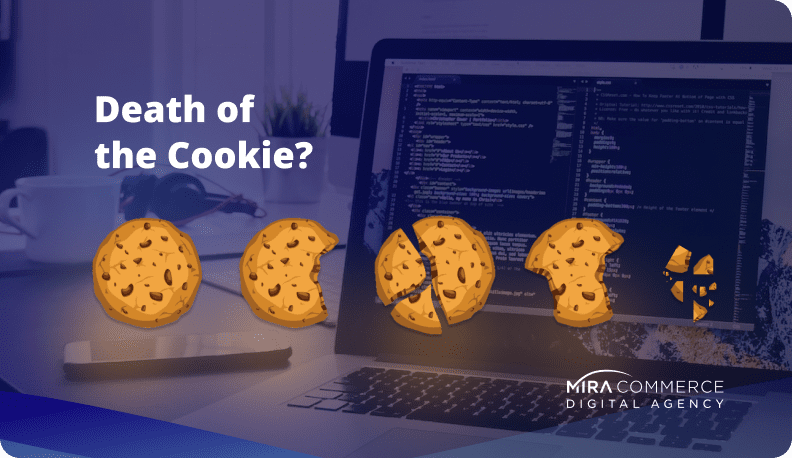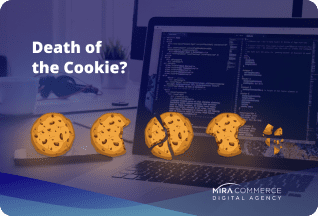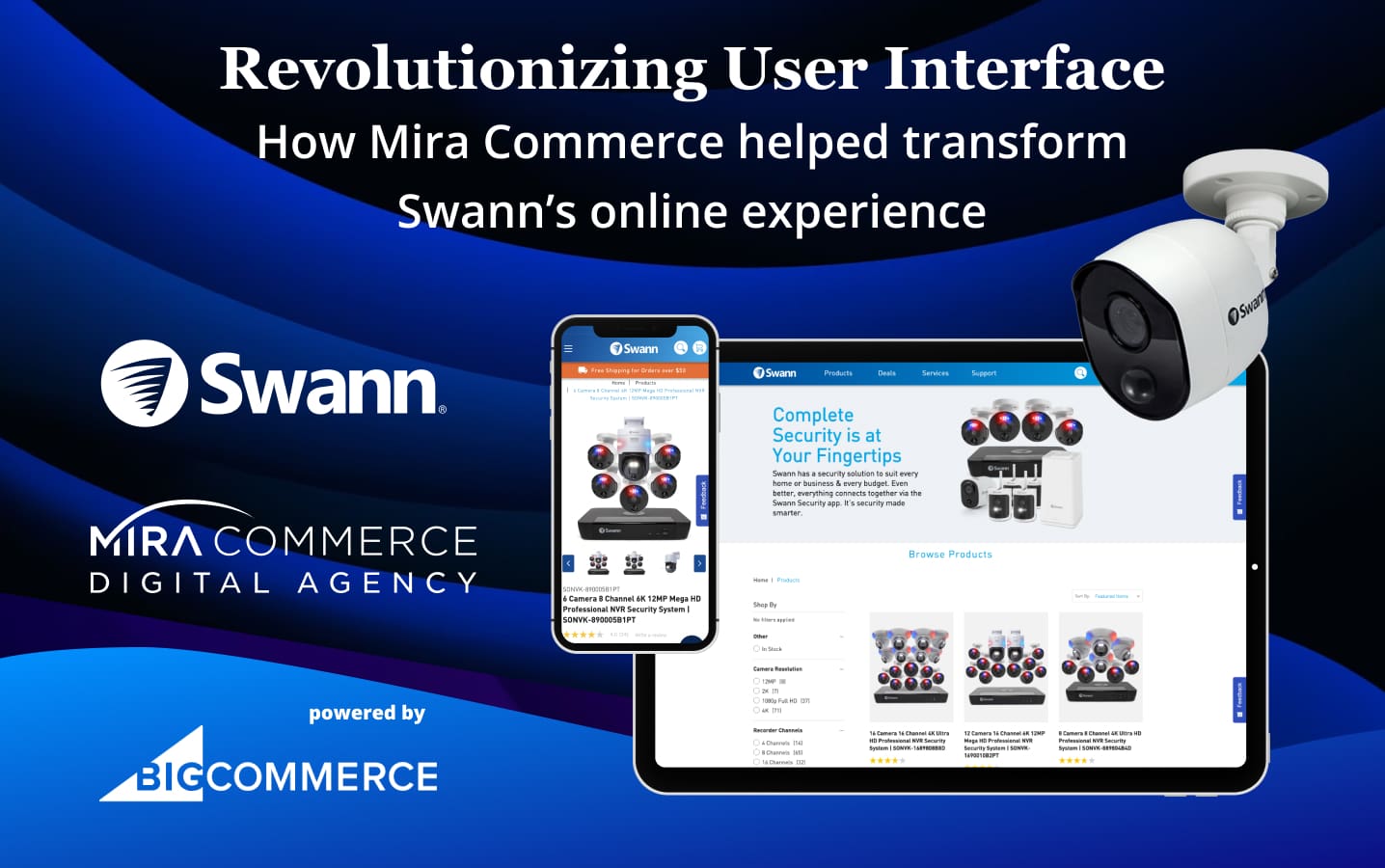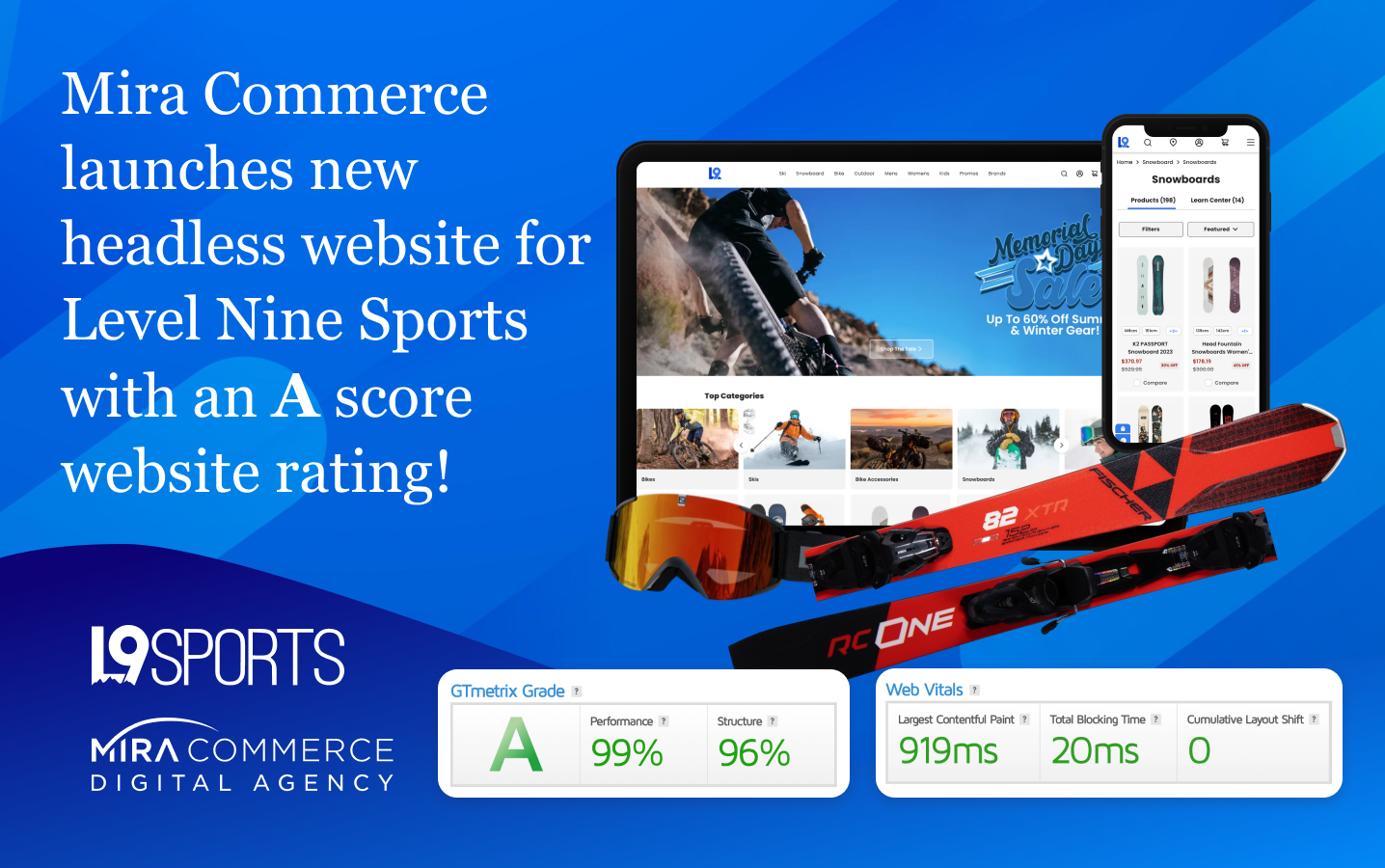The cookie landscape on the web continues to evolve. Third-party cookies, which is data derived from a site other than the actual site being visited, are practically dead, and Chrome is now officially ending support at the end of 2023. Zero-party data is the new buzzword, where you get customers to voluntarily provide data directly through registration forms and other direct methods. This provides a deeper understanding of customers and how to engage with them.
However, when it comes to seeing how customers actually behave on your website, we first need to understand where there is room for improvement. To improve overall user experience, we depend on first party cookies to collect data about website visitors as they’re actively browsing your site. In some cases we may even need first party cookies to allow our site to function. Remember, it is important for business users to implement privacy policies on their websites to let visitors know first party cookie data is being collected to make their shopping experience better, and to give them the option to opt out.
Now to our newest challenge with Webkit browsers. Webkit is an open-source web browser engine used to drive Safari web browsers, Apple tools, and many other applications on macOS, iOs and Linux. Back in 2019, Webkit decided that to help support consumer privacy, they would limit the life of first-party javascript cookies to 7 days. Now with the recent release of ITP (Intelligent Tracking Prevention) 2.2 from Webkit, all script-writable storage will be limited to 7 days, and in specific circumstances, to only 24 hours. This includes:
- SessionStorage
- LocalStorage
- IndexDB
- Media keys
- Service Worker registrations and cache
As a work-around, several marketing companies have already begun replacing client site cookies with server-side cookies. However, this latest Webkit update may place incremental limitations on how well the server-side alternative to cookie tracking works.
What does this mean for marketers?
For this to be effective, big marketing companies like Google & Meta will need to continue to find new methods of positioning between privacy for the consumer and managing marketing programs. For now, these companies will continue to implement work-arounds and install new methods of tracking user behavior and collecting data.
But as marketers running websites, there are some things to keep in mind:
- The length of your ecommerce cart may be impacted. Many ECPs allow you to set longer windows than 7 days where you can remember what a user put in their cart. They can add an item one day, and come back 2 weeks later and still see that item in the cart.
- Warm logins will no longer work. Some ECPs also have a “warm login”, where once you login, it will remember you the next time you come back to the site. This will no longer work after 7 days on Safari.
- Be mindful of more pop ups. When users first visit your site, you should be popping up a privacy notice telling them you collect cookies. If they acknowledge this, they can navigate your site and that message goes away. But if they come back 8 days later on Safari, they will get this popup again.
- Existing users may look like new visitors. If you have a marketing or email signup popup that displays to new visitors, after 24 hours of not visiting your site, they may look like new users again and get this email signup message again, even if they already signed up.
- Automatic processes may be affected. If you do marketing attribution for referrals, re-marketing, paid advertising, etc. that has a lookback window of greater than 1 day, these may be impacted.
What should you do?
Right now, be aware.
- Understand what might be happening if customers complain about seeing pop-ups over and over or persistent carts are not so persistent.
- Look for changes to tags from your marketing partners to reduce dependency on even first party cookies to reduce the impact of lost attribution.
- Start the conversation with your technical team or agency and begin evaluating what other things may be impacted by this on your site. There are some best practice coding techniques that your developers should be following.
- Right now, while it is possible that Chrome and others may follow Apple, it is not likely to happen soon. So this will probably be limited to the Safari crowd for a while.
Have more questions?
Reach out to the team at Mira Commerce at hello@miracommerce.com and we can help you assess the actual impact this may have on your website.
Happy Marketing!














